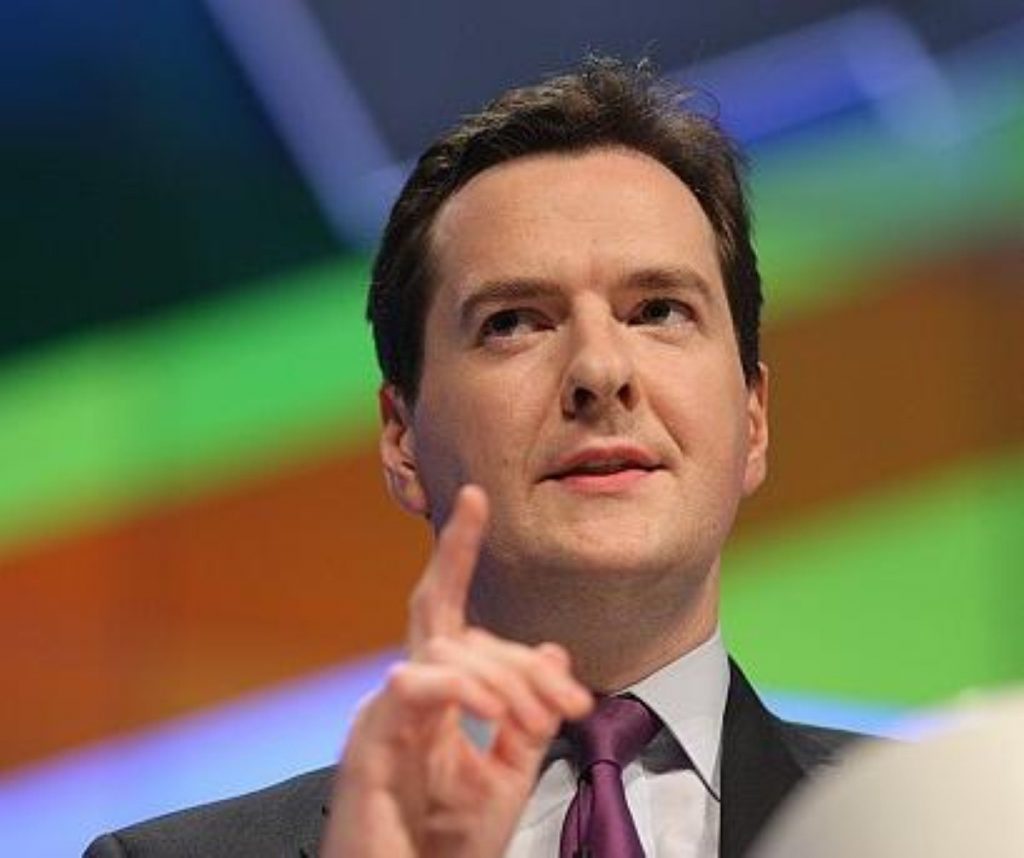Osborne’s popularity plunges following autumn statement
By Ian Dunt Follow @IanDunt
George Osborne's popularity has plunged to new depths following this week's autumn statement.
A YouGov poll – the first to be conducted since the announcement on Tuesday – found 49% of people now thought the chancellor was doing a bad job, while 24% disagreed. When the same question was asked after this year's Budget, 34% thought he was doing a good job.
A slim majority – 56% – believe the government is handling the economy badly, while 34% think it is handling it well.
The main consolation for Mr Osborne is that the public trust Ed Balls and Labour even less than him. Thirty per cent of people would pick the Conservative for chancellor, next to 24% for Mr Balls – an increase on July when just 25% would have opted for the current chancellor.
Thirty-seven per cent of people think the economy would be worse if Labour was still in power. Just 25% think the opposition would do a better job.
More worryingly for the government, however, grassroots Conservative supporters appear to be turning away from the chancellor.
A poll for Conservative Home found his satisfaction rate was now 65%, with 30% expressing dissatisfaction – compared to 79% and 18% last month.
The poll comes at the end of a week when the chancellor was forced to admit it would take an extra two years of austerity to wipe out the deficit and that he would be forced to borrow more than even Alistair Darling envisioned due to sluggish growth and weak demand.
But the poll was also surprising, in that it showed little appreciation for some of the more right-wing gifts Mr Osborne had thrown Tory backbenchers, including a reduction in the international aid budget, the dropping of green industry measures and a tough line on public sector wages.
Some 93% of the party's grassroot supporters praised him for his line on public sector pensions, while 91% backed the £525 million reduction in the aid budget.
But 57% said he should have cut taxes rather than spend money on housing and childcare and 70% agreed with the argument that Mr Osborne had failed to cut spending sufficiently.
Worryingly for Downing Street, just 41% of respondents believed the chancellor's growth forecasts were trustworthy.
This suggests the constant downward revisions from the Office of Budget Responsibility (OBR) have taken their toll on voters' confidence and that many expect the next few years to be even worse than what was outlined on Tuesday.





-01.png)